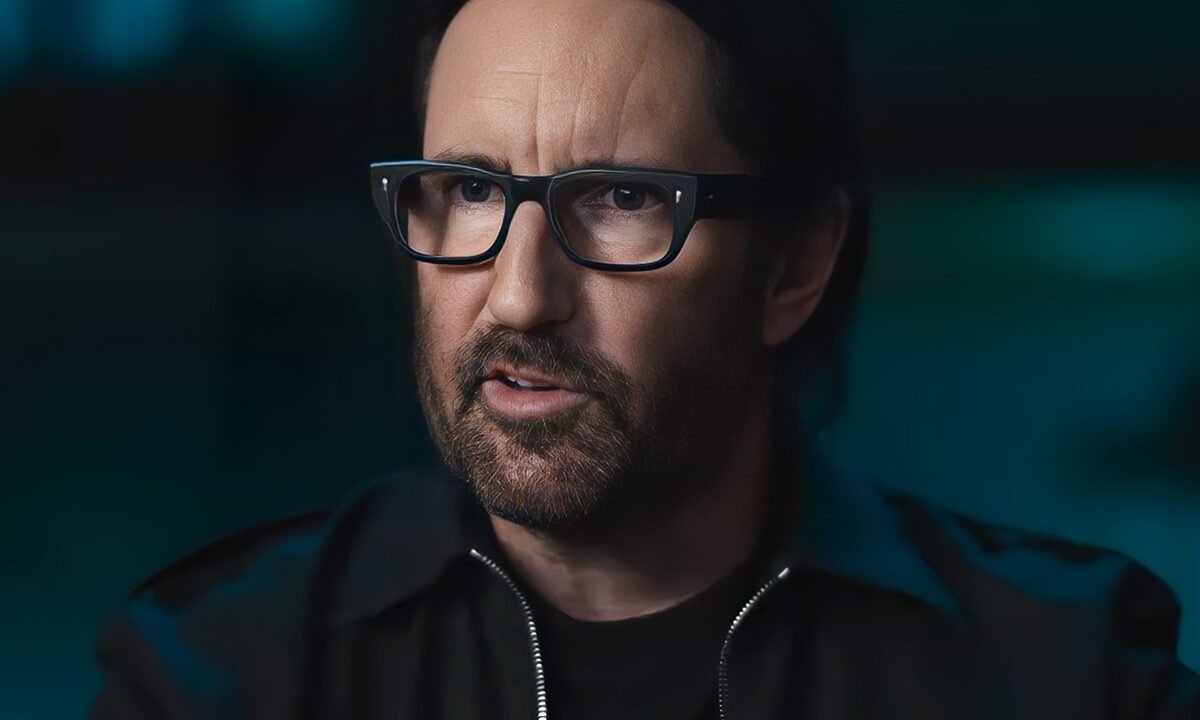

(Credits: Far Out / YouTube Still)
Rock and roll has never been solely about soaking up the adulation from the millions of fans in the crowd. There might be people like Gene Simmons who like the idea of soaking up the attention, but even he knew that the fans mattered more than anyone whenever he got up on that stage. But there’s another kind of connection that goes beyond the live performance, and Trent Reznor always wanted to tap into that when making every new Nine Inch Nails record.
When looking at his body of work, though, Reznor has always been looking to create sonic landscapes rather than songs half the time. Whether it’s the insane scores he has made for The Social Network or every agonising minute of The Downward Spiral, Reznor is grabbing for the emotional jugular and never wants to let go, to the point where it almost feels dangerous listening to his albums in one sitting. They’re not going to hurt you, but you’re in for one hell of a ride when you take the plunge.
But would you expect anything from someone raised on some of the most emotional music ever created? Reznor had worshipped at the altar of bands like The Cure and saw The Wall as a huge inspiration for his career, but it wasn’t only about writing songs. That was one facet, but he wanted to be able to craft sounds, and that meant looking at the studio like it was an instrument.
Whereas bands like Queen had taken rock and roll to its extremes from the technical side, there were always going to be people willing to use every single album as a new opportunity to make something strange. It might not have been the most commercial approach to their career, but when looking at what people like Brian Eno were doing in Roxy Music, he could see himself in that role.
Eno was a producer on many classic albums, but Reznor loved the fact that he never lost touch with being a musical thinker, saying, “I would love to be looked at someday—and I’m not ever saying I’m at this level—but I’d love to be mentioned in the same breath as a Bowie or an Eno. Those are the people that I admire artistically, their career trajectory, the integrity throughout their career, the bravery of their career.”
The production extraordinaire had his place in the rock and roll heavens, but Bowie was a completely different animal. He had never been interested in the same kind of mainstream success that other artists catered to, and listening to Reznor’s work, there are pieces of that ingenuity laced throughout every song.
Pieces of The Downward Spiral have the same ambient feel that came from many of ‘The Starman’s ‘Berlin’ albums, but Reznor’s hero was paying attention right back as well. No one would have considered working on a classic rocker as a good time in the 1990s, but when listening to ‘I’m Afraid of Americans’, it almost made too much sense to get Reznor and Bowie together on one track, especially with an album that was as adventurous as Earthling.
But Bowie always led by example, and even if Reznor was soaking up every second of singing with his hero when they toured together, it was all about teaching him the lesson that every rockstar should learn eventually. Someone’s relevance might come and go on the charts, but the only way to remain a major force in music is to never truly stop listening.
Related Topics
The Far Out Music Newsletter
All the latest music news from the independant voice of culture.
Straight to your inbox.






